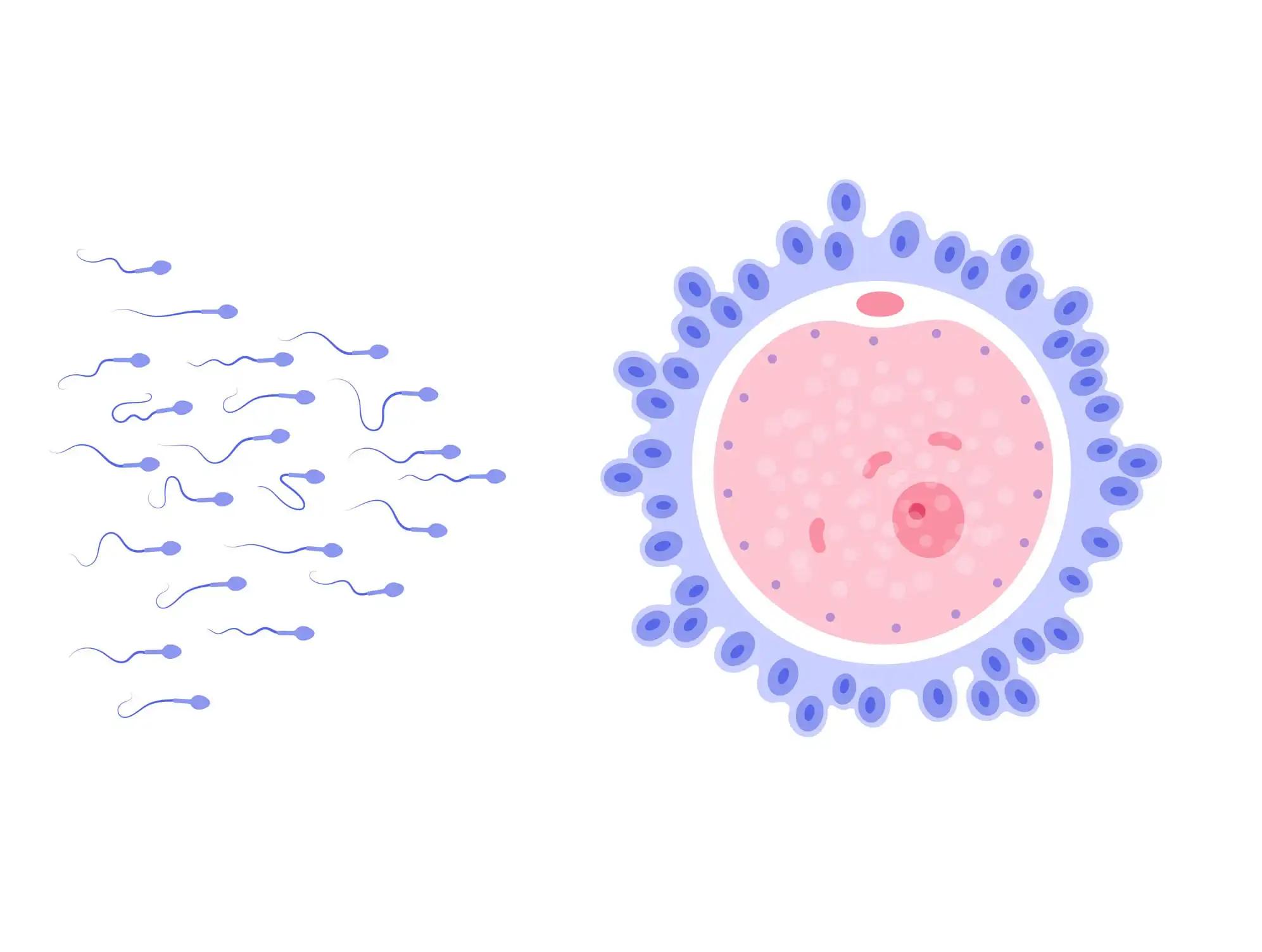Key Points:
- Epcoritamab is a bispecific antibody administered subcutaneously in a phase II trial, which activates T cells to target CD20+ B cell malignancies.
- An overall response rate of 63.1% and a complete response rate of 38.9% were observed.
- The median duration of response was 12.0 months, and results were consistent across subgroups.
- Cytokine release syndrome, pyrexia, and fatigue were the most commonly reported adverse events.
- Immune effector cell-associated neurotoxicity syndrome was observed in 6.4% of patients, with one fatal event.
Epcoritamab was a CD3xCD20 T-cell-engaging, bispecific antibody administered subcutaneously and was demonstrated to have potent antitumor activity in dose escalation across B-cell non-Hodgkin lymphoma subtypes. A phase I/II study (ClinicalTrials.gov identifier: NCT03625037) was conducted to evaluate the efficacy and safety of epcoritamab in adults with relapsed or refractory CD20+ large B-cell lymphoma and at least two prior therapy lines (including anti-CD20 therapies).
Patients received subcutaneous epcoritamab in 28-day cycles (once weekly step-up doses in weeks 1-3 of cycle 1, then total doses once weekly through cycle 3, once every 2 weeks in cycles 4-9, and once every 4 weeks in cycle 10 and after that) until disease progression or unacceptable toxicity. As of January 31, 2022, 157 patients had been treated, with a median age of 64 years and a median of three (range, 2-11) prior therapy lines; 61.1% had the primary refractory disease, and 38.9% had prior chimeric antigen receptor (CAR) T-cell exposure. The primary endpoint of the study was the overall response rate by the independent review committee; this was 63.1% (95% CI, 55.0 to 70.6).
The complete response rate was 38.9% (95% CI, 31.2 to 46.9), and the median duration of response was 12.0 months (among complete responders: not reached). Overall and complete response rates were similar across key prespecified subgroups. The most common treatment-emergent adverse events were cytokine release syndrome (49.7%; grade 1 or 2: 47.1%; grade 3: 2.5%), pyrexia (23.6%), and fatigue (22.9%).
Immune effector cell-associated neurotoxicity syndrome occurred in 6.4% of patients with one fatal event. These findings show that subcutaneous epcoritamab was safe and effective in highly refractory patients with large B-cell lymphoma, including those with prior CAR T-cell exposure, producing deep and durable responses.
Clinical Trial: https://clinicaltrials.gov/ct2/show/NCT03625037
Thieblemont C, Phillips T, Ghesquieres H, Cheah C, Clausen M, Cunningham D, Do Y, Feldman T, Gasiorowski R, Jurczak W, Kim T, Lewis D, Poel M, Poon M, Stirner M, Kilavuz N, Chiu C, Chen M, Sacchi M, Elliott B, Ahmadi T, Hutchings M, Lugtenburg P. Epcoritamab, a Novel, Subcutaneous CD3xCD20 Bispecific T-Cell-Engaging Antibody, in Relapsed or Refractory Large B-Cell Lymphoma: Dose Expansion in a Phase I/II Trial. J Clin Oncol. 2022 Dec 22:JCO2201725. doi: 10.1200/JCO.22.01725. Epub ahead of print. PMID: 36548927.



